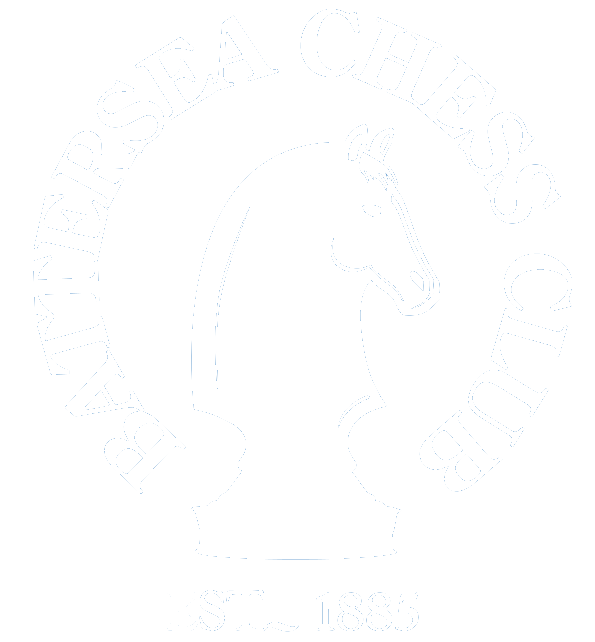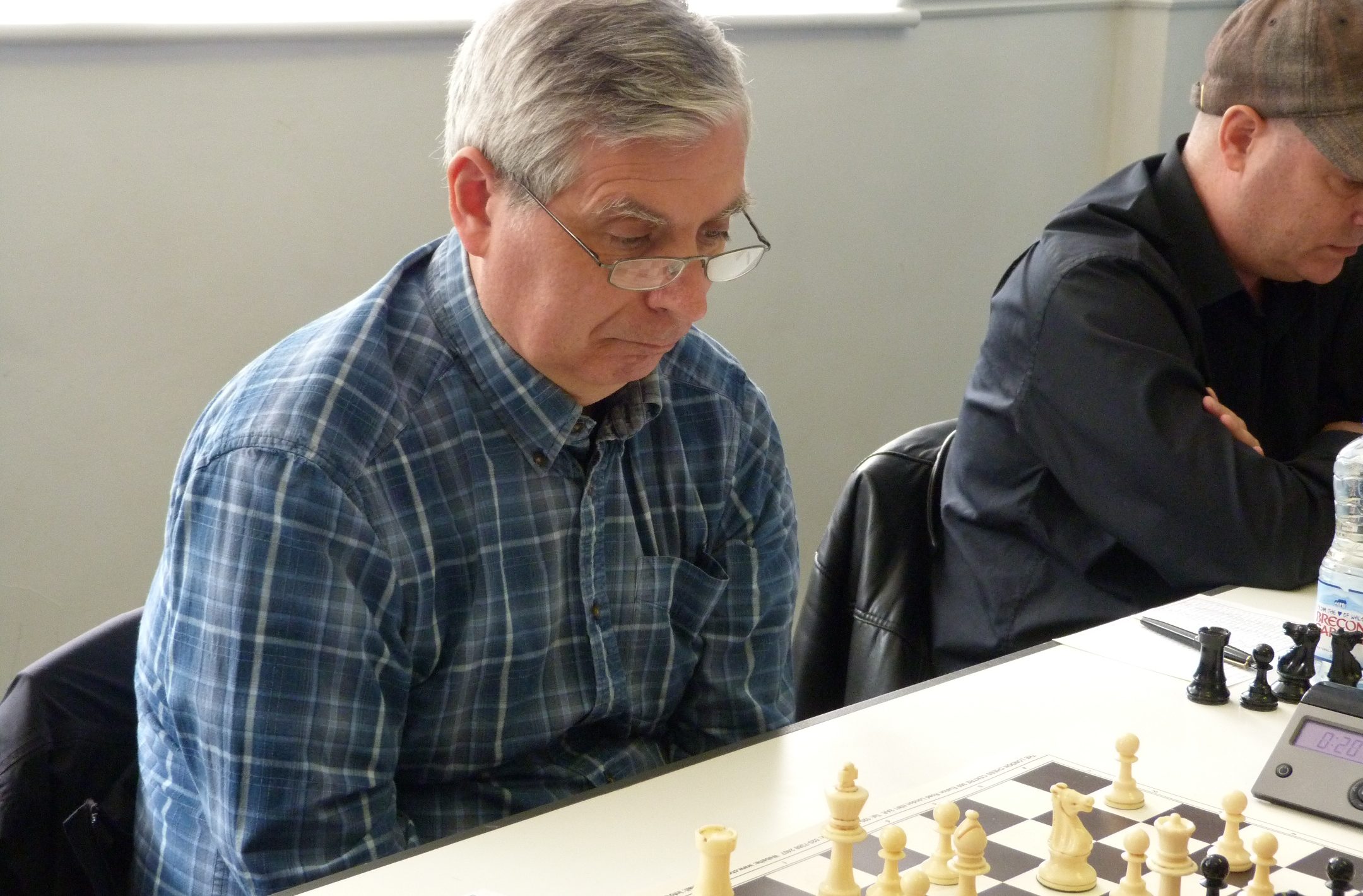Chess players are a judgmental, opinionated bunch. Stick one in an analysis session and you’ll see even the most mild-mannered character perk up, their eyes widening, fingers primed for jabbing emphasis as they deliver the sort of knee-jerk, blunt, off-the-cuff comments that they wouldn’t dream of in another context.
“Yeah, this is just winning….game over”
“No, you just take the h-pawn [plucks piece from board] and then march in with the king…it’s just a draw – simple”
“Is it [a draw]? Well, you must prove it then…”
I’m definitely a prime culprit when it comes to sweeping analysis.

If I’ve won a game, I hate the idea that there might be some elementary flaw that robs it of classic status (especially if I totally missed it at the time).
When I’ve lost I’m usually desperate to try and redeem my ego with a post-mortem “victory”, maybe hinting at some superior understanding of the position or pointing out an obscure sideline I think my opponent has missed to prove my calculating chops.
Pathetic, I know, but I think most of us do this to a lesser or greater extent – chess hurts after all.
However, often as players, we save our most broad-brush, exaggerated comments for the seconds after the game when emotions are running high.
And, in the case of a defeat, more likely than not you can bet it’ll be one of the classics:
“I was winning but totally messed it up” Or “That was the worst game I’ve ever played”
I’ve certainly used both myself but while the first comment has, through the law of averages, had the occasional ring of truth to it, the second is almost always total cobblers.
The worst game you’ve ever played? Really? What about that game where you managed to lose to your dad in 7 moves?
Or that time you tried to duff up that kid at school with Scholar’s Mate and she knew it and you ended up getting your Queen pushed back like the Dad’s Army titles – I bet you didn’t run that one through Stockfish.
The problem with our genuine “worst” games is that they’re such terrible clunkers that they don’t really give us much to work with from an analytical point of view.
Last season I played IM Gavin Wall and managed to play a dozen or so moves of perfect theory only to blunder a piece on my first move out of book.
It was dreadful, humiliating experience, but what was worse than dishing out such a turkey was that I had nothing really I could learn from it (aside from a more effective pre-move bungling safeguard) and against such a strong player a post-mortem would, in normal circumstances, have been very valuable.
So instead of scraping the bottom of the scoresheet barrel for a real paper nasty I thought I’d share with you my best “worst” game.
I say best purely in terms of it being eventful/ridiculous and having plenty of areas for analysis and improvement.
By any other standard it is not a good game of chess – I showed it to a friend of mine, a very strong player, who simply said: “Beckett, you should be ashamed of yourself.”
I can’t disagree…


